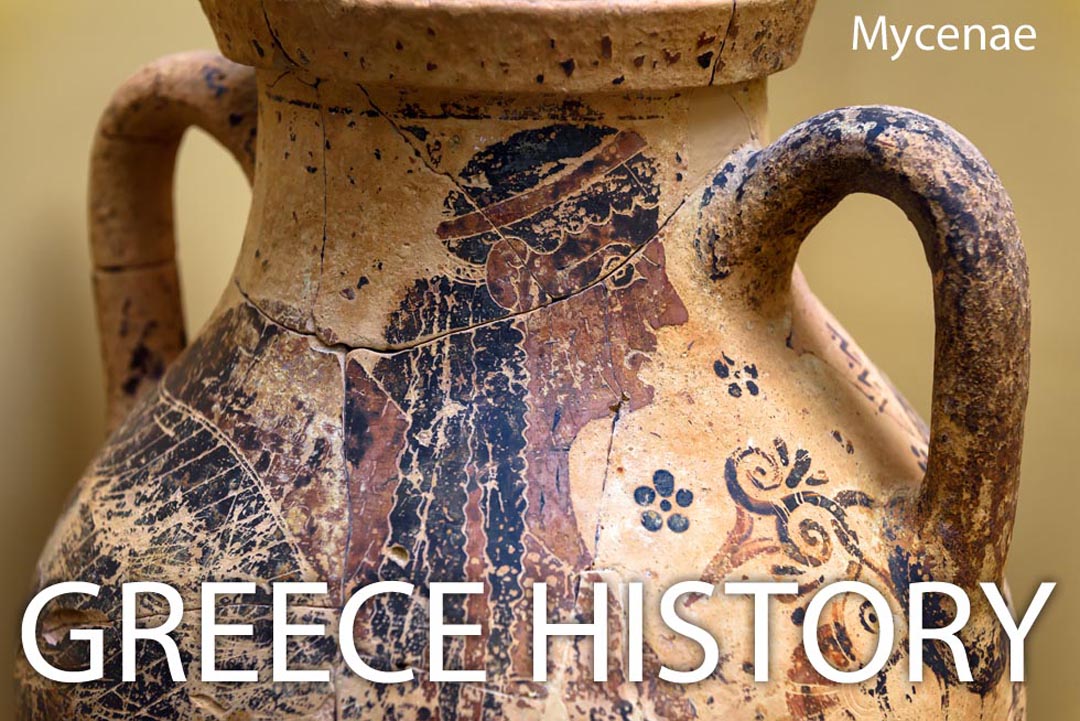The Classical Period of Greek history
500 to 323 BC
Last Update August 25, 2024
The "Classical Period of Greek history" is often regarded as the high point of Western development in the ancient world. Explanations for this explosion of ideas and innovation is attributed to Greece's centralized Mediterranean presence for trade among the many neighboring nation states, but also Greece's interior mountain terrain fostered independent city states, a competitive situation that fostered development. Also, the educational environment brought on by schools of rational thought combined with the experiments in democracy produced ideas borne from argument and discussion, all combined with an attitude of civic responsibility.
Artistic and Architectural Achievements:
- Art: The Classical Period was a time of rapid development sin skill for sculpture and pottery, characterized by realism and a news detailed portrayal of the human form. The most famous works of this time period were the statues of Phidias, Myron, and Polykleitos.
- Architecture: With an emphasis on aesthetic appeal utilizing symmetry and beauty as hallmarks of quality, the construction of iconic structures such as the Parthenon, the Erechtheion, and the Temple of Hephaestus occurred in Athens. Proportion and rational order of elements stand out in this architectural approach to design and building.
Philosophical and Intellectual Contributions:
- Philosophy: The Classical Period is when some of the most famous philosophers in history lived, such as Socrates, Plato, and Aristotle. The men produced foundational works in Western philosophy and science.
- Drama and Literature: Greek drama developed into a broader and more complex way with playwrights like Aeschylus, Sophocles, Euripides, and Aristophanes. Their works of tragedies and comedies are still performed and studied today.
Political and Military Developments:
- Democracy: The basic concepts of democracy were developed during this period, particularly under the leadership of Pericles. Citizen participation and civic duty were the twin ideals characterizing this approach.
- Military: During these years the Persian Wars occurred which was driven by the unity and strength of the Greek city-states. The Peloponnesian War demonstrated the internal conflicts and rivalries among them.
Scientific and Mathematical Advancements:
- Science: Hippocrates is famous for his advancements in medicine and Thales, Anaxagoras, and Democritus pushed natural sciences with ground breaking contributions.
- Mathematics: Pythagoras and Euclid made foundational advances in mathematics, works that still play a part in modern mathematics today..
End of the Period:
The death of Alexander the Great in 323 BC. mark the end of this period. Alexander's conquests spread Greek culture across a vast empire, blending it with local cultures in what is known as the Hellenistic Period.
Greek History Topics
Attalos II Philometor Euergetes
The Classical Period fo Greek History
Constantine II – The Last King of Greece
Parthenon (photo 1920)
Greece 1990s economic survival
The Panathenaic Stadium in Athens
Lycurgus of Athens famed financial leader and public works administrator for Athens in 4th century BC
Description of the original Hagia Sophia of Justinian I from the book History of the Byzantine Empire by George Ostrogorsky
Related: Constantine II The Last King of Greece has died
ADVERTISEMENT
Guide Book for the Peloponnese: with Athens, Delphi and Kythira – Paperback – Amazon – Bradt Travel Guides, 288 Pages, November 18, 2025
FAMOUS GREEKS



Greece's Golden Visa program
Advertisement: I am an Amazon affiliate
Original page April 2021 | Updated June 2, 2024

